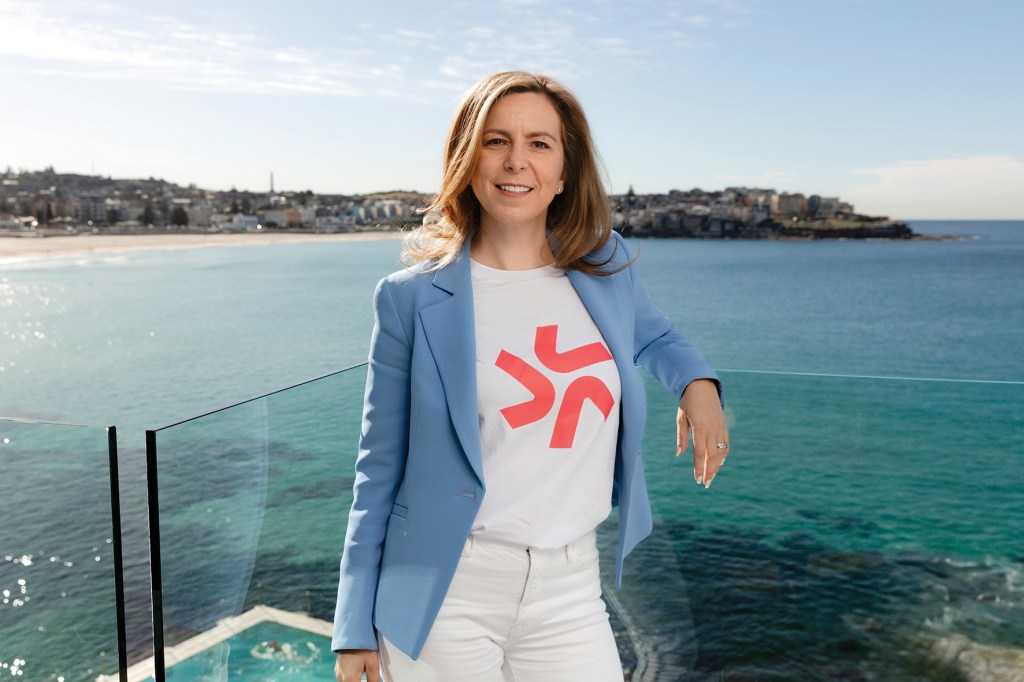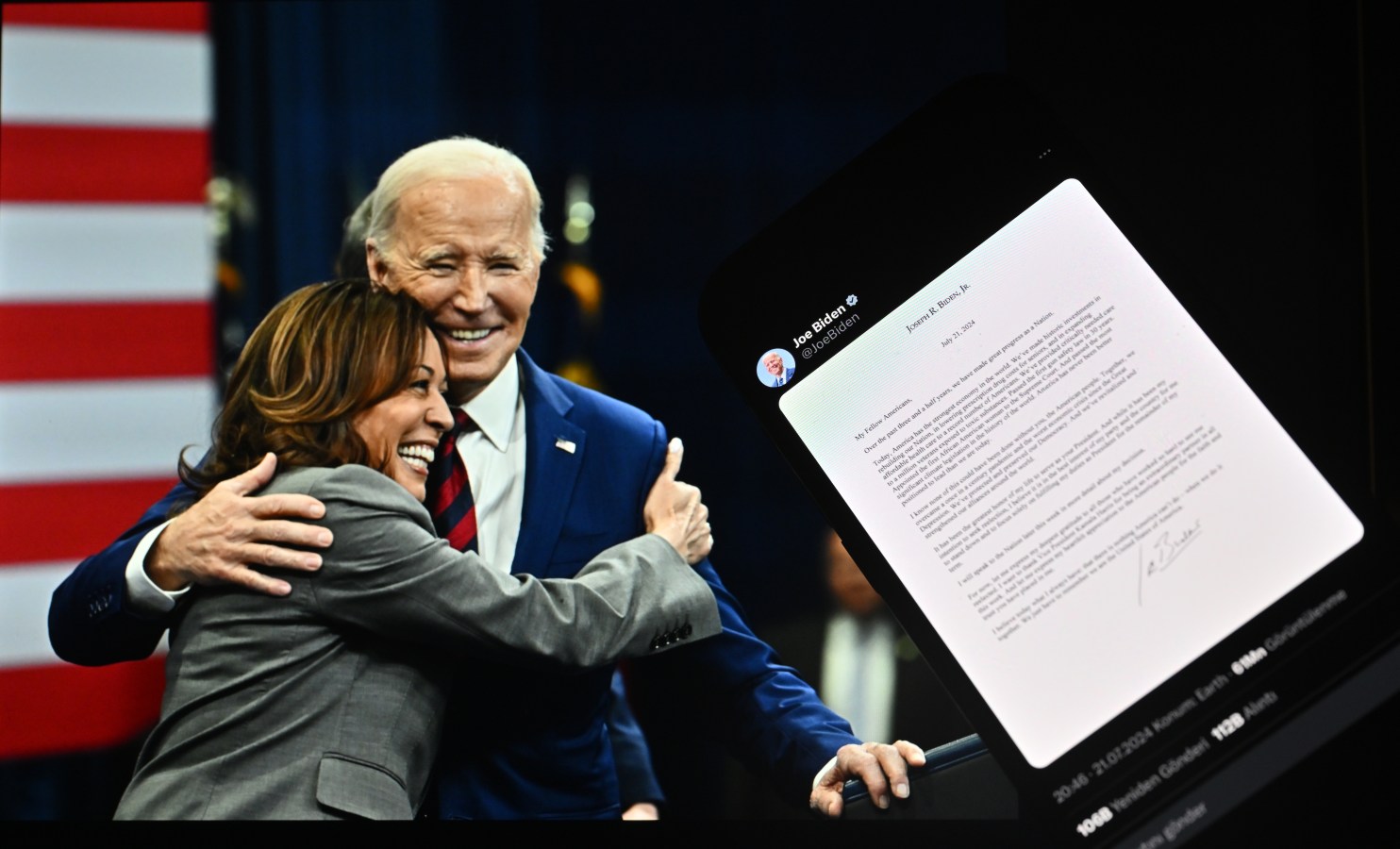Silvija Martincevic grew up in Croatia. Her truck driver father and her shoemaker mother sent her to the US with $400 in her pocket. Fast-forward to 2021, and Martincevic would lead the US buy now, pay later fintech, Affirm, to its US$24 billion IPO. After a six-month career hiatus, she joined the Australian HR software platform, Deputy, as CEO.
This story featured in Issue 9 of Forbes Australia. Tap here to secure your copy.

You were the chief commercial officer of Affirm before joining Deputy. Fintech, to HR-tech. What can you tell us about that transition, and what skills did you need to gain or adapt?
As a leader, no matter what industry or part of the world, my job has always required me to inspire, listen, and serve the interests of our people — both customers and employees. That said, transitioning into my role as CEO of Deputy, a business focused on the needs of shift workers and their employers, I needed to immerse myself in the world of shift work. Shift workers have historically been underserved by technology, and Deputy is focused on creating societal value by helping these workers become more productive and engaged.
What’s one of the most important business lessons you’ve learnt from seeing a company through its IPO?
The most important lesson is the importance of operational rigour. The scrutiny of public markets underscores the significance of delivering consistent, measurable, and reliable performance. We achieve this by developing a consistent company drumbeat, ensuring that employees, investors, customers, and other stakeholders can depend on a clear and constant flow of information crucial for effective business operations.
How do you stay on top of trends in the tech industry?
Staying on top of industry trends is not just a choice but a strategic imperative. The tech landscape is changing faster than ever before, and as a product-driven technology company, Deputy always needs to be at the forefront of innovation. Staying ahead of tech trends not only keeps us competitive but also allows us to anticipate customer needs and shape the future of our industry.
I keep ahead of the latest trends by reading tech news, listening to podcasts, participating in technology conferences, meeting with our customers and partners and building trusting relationships with other leaders.
How do you prioritise what needs to be done for the day/week ahead?
As a child growing up in Croatia during the Balkan wars, I learnt early on about the true value of time. Ever since, I have been in a rush to live, impact, and help, so I don’t leave anything for tomorrow if I can do it today. Aside from being a CEO, I am also a mum, so it is just as vital to block time for deep thought and meetings as it is for family dinners and recharging. Burnout is inevitable without those time blocks and awareness of how time is spent.
What’s non-negotiable in your daily routine to ensure you’re productive and performing at your best?
First comes family time — my family keeps me grounded and provides the fuel and motivation to bring my best self to work daily. Second is physical activity, even if it’s just a short walk or cycle – I think I feel so much better after I am active. Third, and perhaps most important, is deep-quality sleep every night.
What is your decision-making process?
Before making any decision, I seek input from a diverse group of trusted advisors. I believe diverse perspectives and experiences are incredibly important to understanding the impact of my decisions and how they should be communicated. Data also plays a huge role in my decision-making, and given we’ve scheduled over 500 million shifts for our 1.4 million daily users, we at Deputy have incredible insights to inform our strategy and trade-offs along the way. All decisions are also guided by Deputy’s mission and values, integrity and trust are at the heart of everything we do.
Regardless of the approach, it’s important to strike the right balance between analysis and timely execution. Analysis paralysis is something we constantly seek to avoid.
Is there a characteristic or quality of yourself that you think is underrated by other people?
Communicating and connecting with teams through empathy. I’ve always looked at my work through the lens of others, which continues to serve me well. I’ve also learned how to build amazing teams I can lean on, and I’m not afraid to be wrong. If I don’t have the correct answers, they will help me find them.
If given the option to go back in time, is there anything you would change about your journey to CEO?
I wouldn’t change a thing about my journey to CEO. I believe in learning as much as possible from every experience, and every step along my journey has been crucial to my development. Every experience has contributed to building my resilience and developing the skills to tackle tough situations, recognise patterns and anticipate reactions. After all, life is about the journey, not the destination, and embracing change is important.
Is there a quote that you live by?
Something that a mentor once told me has always resonated. He said, “Silvija, your character is your destiny.” I live by this, and I believe that no matter how smart you are, your success will be fleeting if you don’t have good character and you’re not a person of integrity.
Is there anyone you look up to in the business world?
I deeply admire Melinda Gates due to her contributions to global health, development, education, and social justice. Her unwavering commitment to advocating for women’s rights and gender equality is particularly significant today.
Is there something you see business leaders repeatedly getting wrong?
I strongly believe that leadership begins with self-awareness. Self-awareness requires you to recognise your strengths, weaknesses, emotions and perceptive lenses. It also requires time for self-reflection and creating an intentional feedback loop. I’ve had the privilege of building a solid network in my career, which has helped me grow and become more self-aware – a better listener and a better leader.
I would recommend all leaders develop these deep relationships with colleagues, mentors and coaches, whether they are just starting or are seasoned and experienced.
How do you lead?
I try to lead from a place of empathy, empowerment, and a pursuit of exceptionalism. Empathy is at the core of my leadership approach. It’s crucial for me to connect on a personal level with my team members and to create a culture of mutual respect and understanding. This is what fosters the trust to develop high-performing teams.
Empowerment is another pillar of my management philosophy. I strongly believe in giving my team the autonomy and tools they need to excel in their role. This helps develop a sense of ownership and accountability while fostering innovation and creativity.
Lastly, I strive for exceptionalism and excellence in our work. This involves setting high standards, encouraging a growth mindset, having an obsessive focus on speed to market and recognising and celebrating achievements. At Deputy, we don’t look to meet expectations but to exceed them daily.
What’s the best investment you ever made?
The best investment I ever made was when I was 17 years old. I was born and raised in Croatia. My parents were shift workers — my mother worked in a factory, and my father was a truck driver. It was then that I invested in myself and was fortunate enough to receive a scholarship that allowed me to come to America to learn English. This changed the trajectory of my entire life, and it was made possible by my family, who pooled their shift wages together and sent me to the US.
Coming from this background, I grew up with a desire to work in underserved communities and industries where I’d be able to make a difference in the world for others. This is why joining Deputy was an effortless decision for me. Our mission at Deputy aligns with my obsession with utilising technology to improve society.
Where would you allocate that time if someone gave you an extra 10 hours?
I would spend it with those I love most. Quality time for me is usually defined by being outdoors, whether on a hike along the California coast, where I live, on a boat, enjoying the fresh air, or sitting on my back patio enjoying the sunshine. I’m happiest and most at peace whenever I’m with my family.
Look back on the week that was with hand-picked articles from Australia and around the world. Sign up to the Forbes Australia newsletter here or become a member here.


